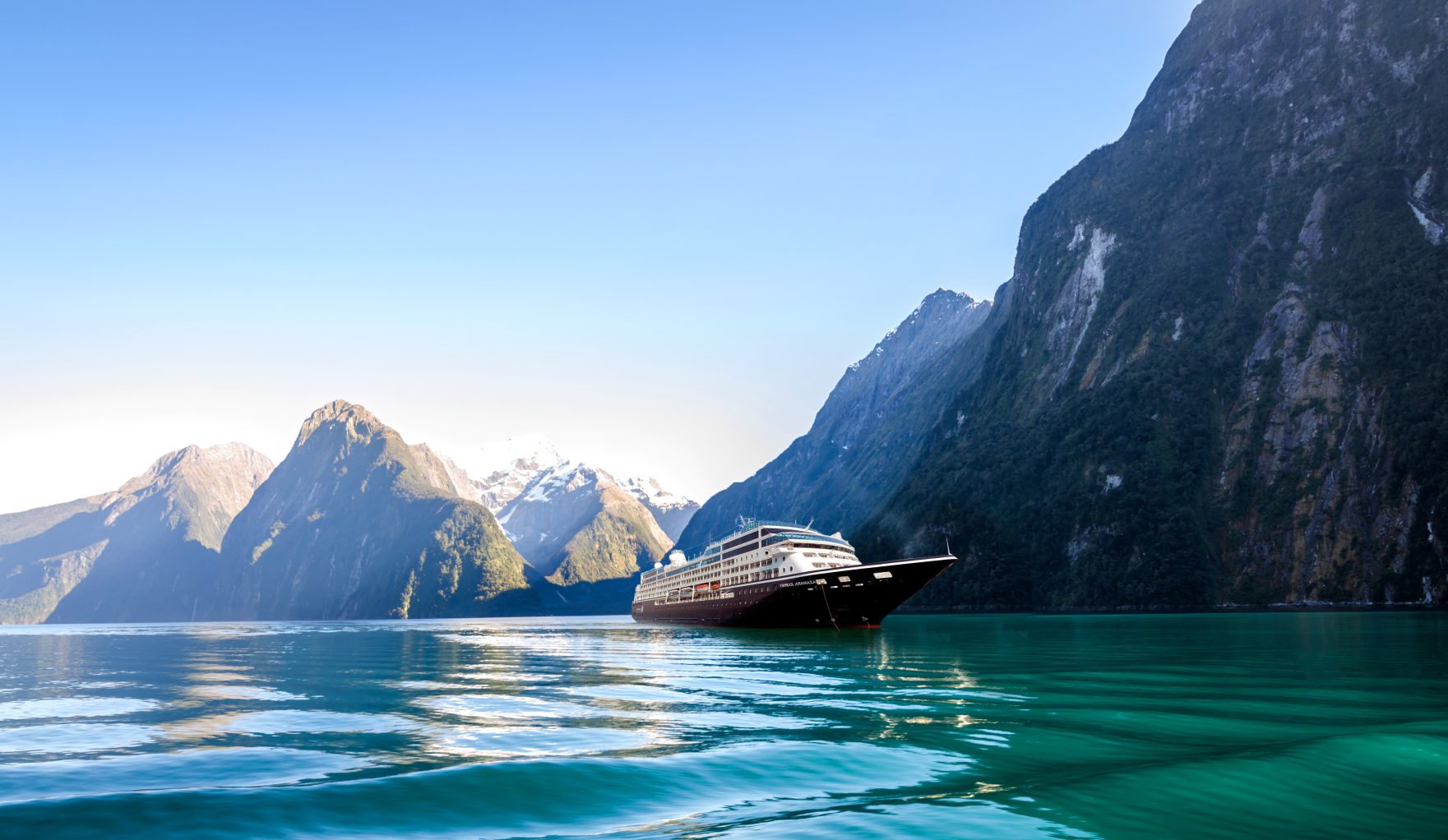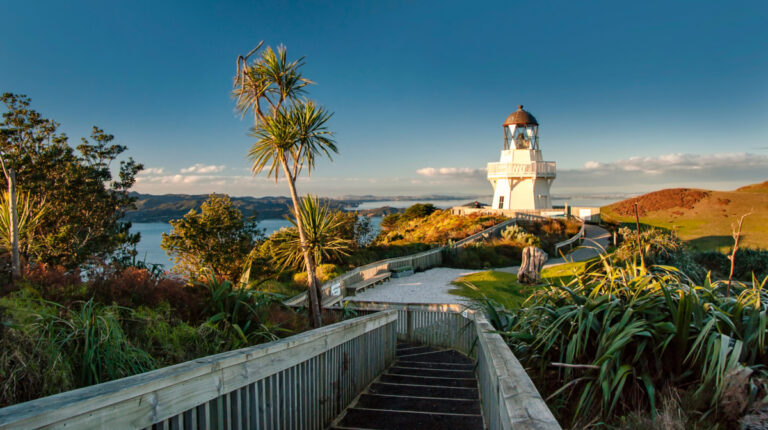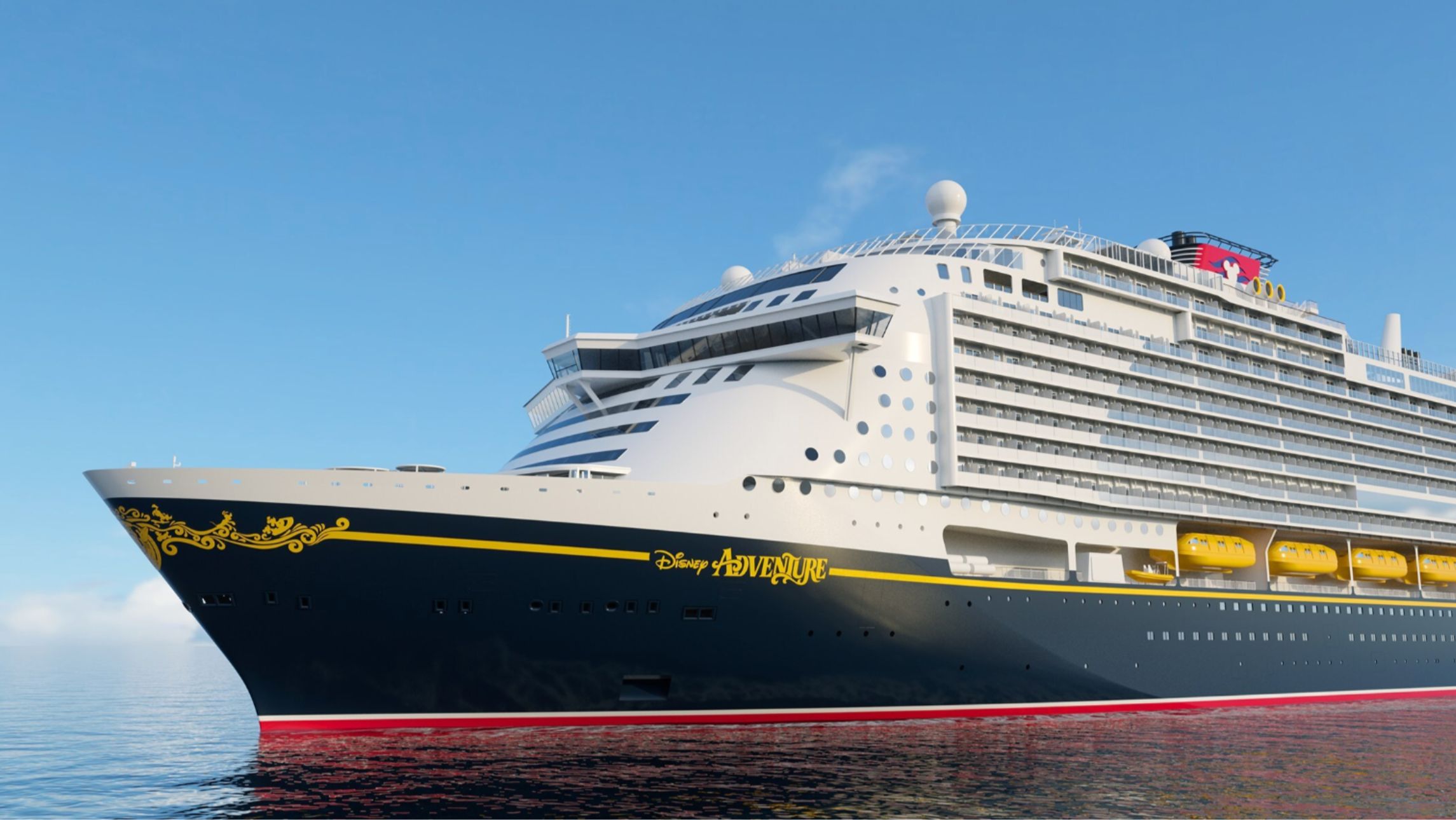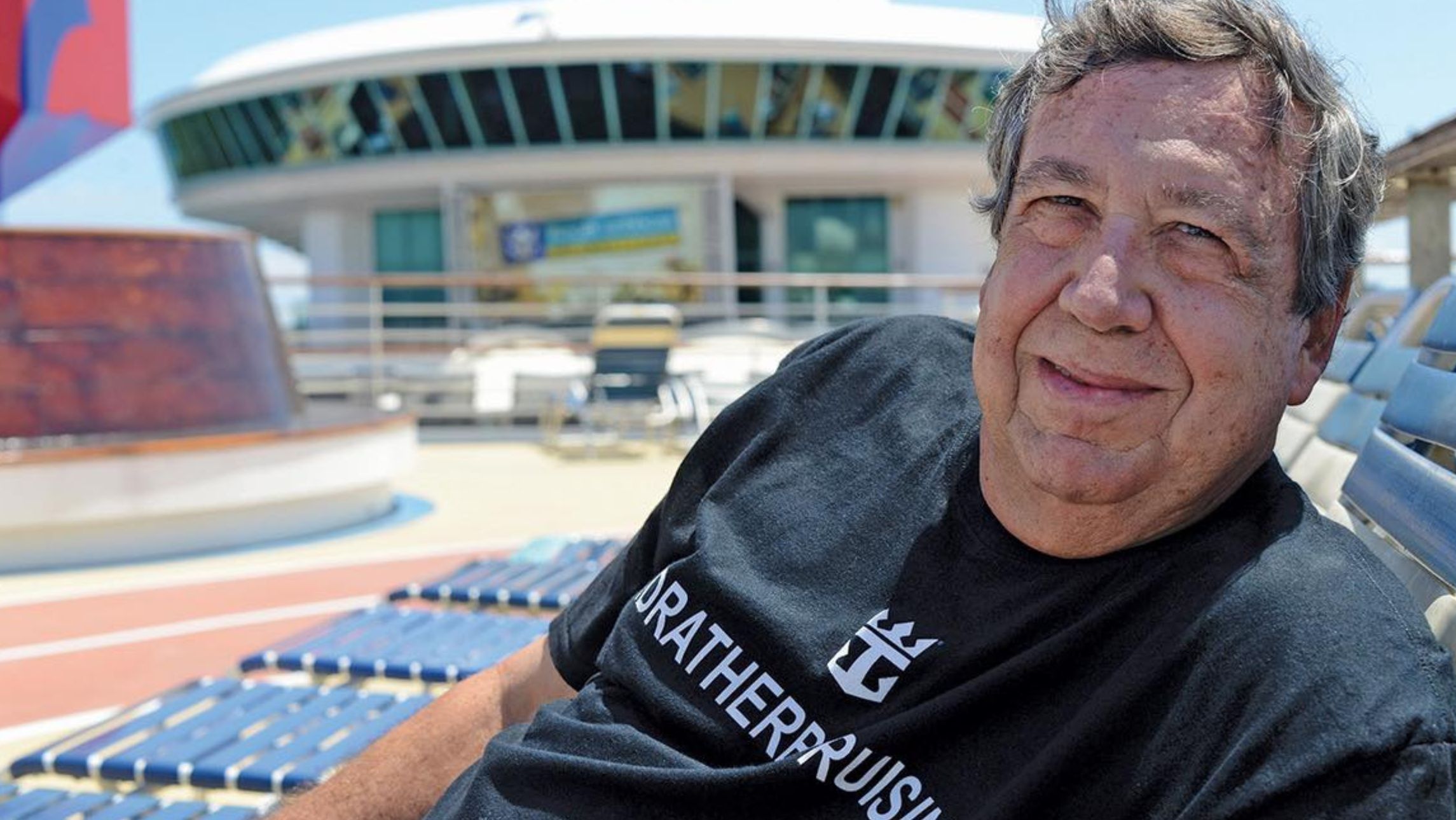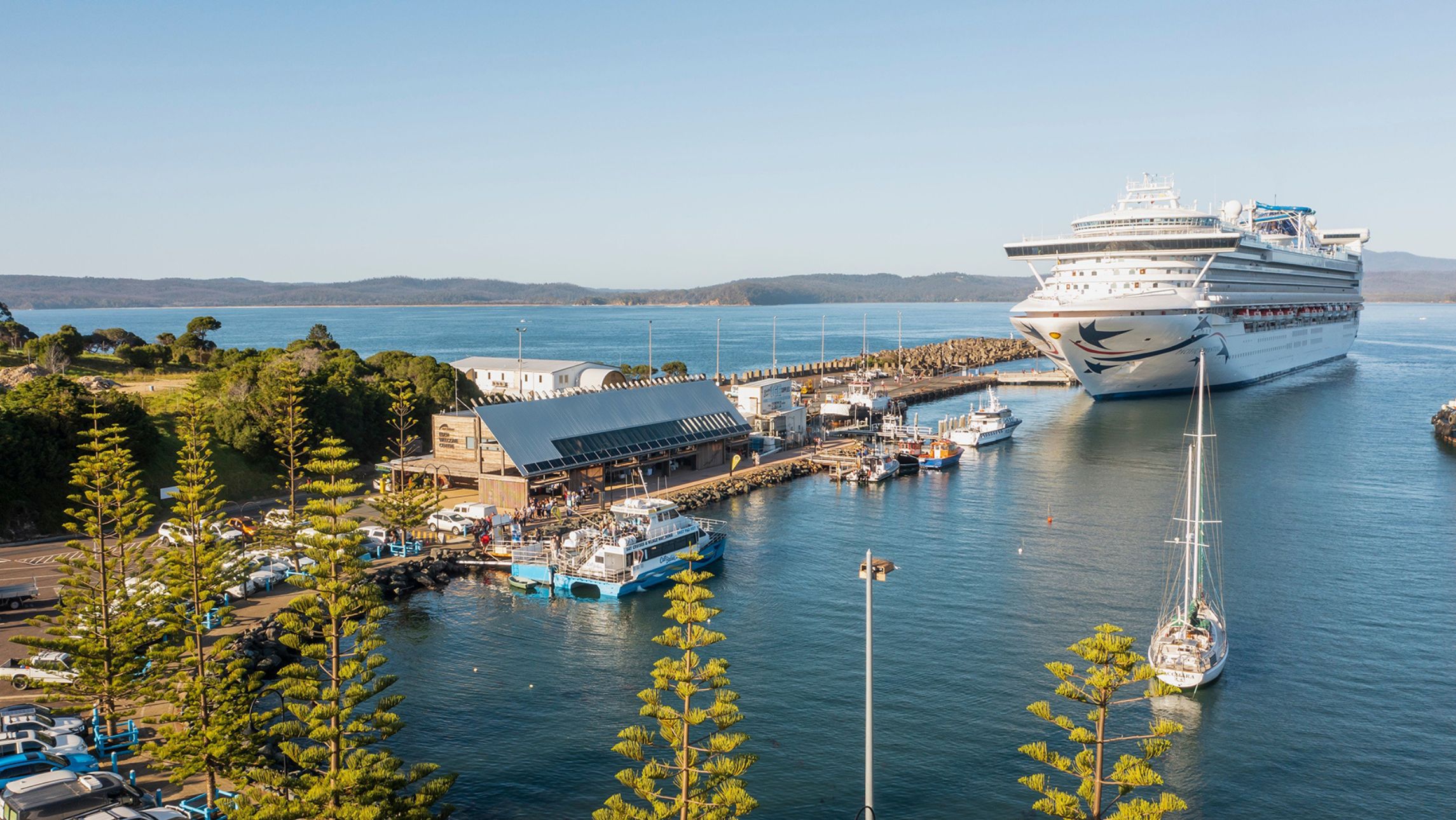New Zealand Biosecurity authorities have stepped up efforts to ensure 57 cruise ships scheduled to visit NZ have their hulls properly cleaned to comply with the country’s biofouling rules.
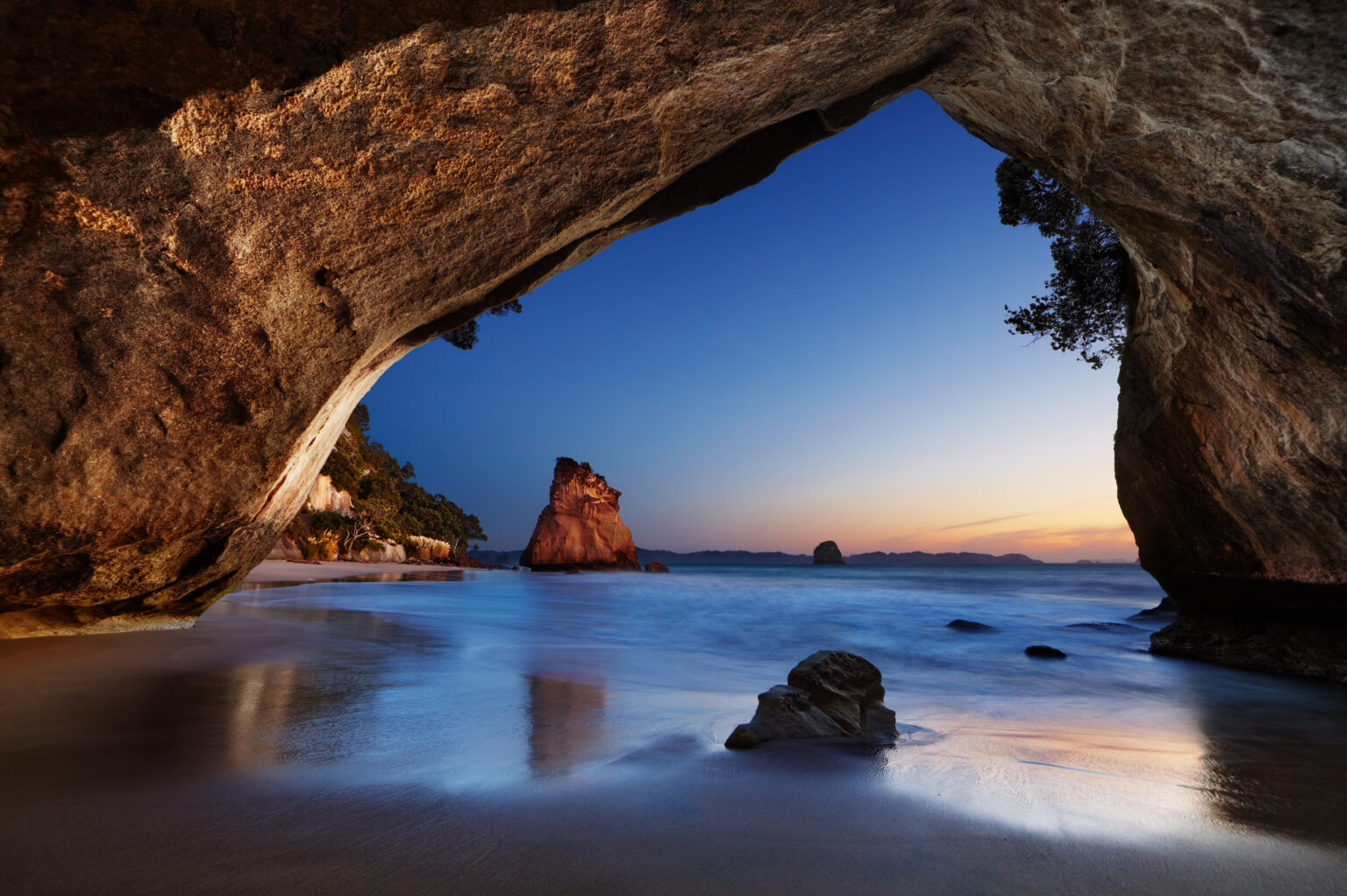
As cruise lines in Australia gear up for the busy summer season, NZ is expecting a 30 per cent increase in the number of cruise ships sailing in its waters. They are scheduled to make 1194 port calls in the Land of the Long White Cloud, compared to 988 last season. That includes popular tourist attractions such as the Fiordland and the Bay of Islands
“There has been a lot of effort in recent months to alert cruise lines about their biosecurity requirements, including ensuring they comply with New Zealand’s biofouling rules,” said Environmental Health Manager, Biosecurity New Zealand, Paul Hallett.
“Biofouling continues to be a major biosecurity threat. We know that almost 90 per cent of the exotic marine species already in New Zealand likely arrived here as marine growth on the submerged surfaces of international vessels.”
Last cruise season, Biosecurity New Zealand singled out 11 cruise ships for failing biofouling assessments. Others were turned away from visiting environmentally-sensitive areas such as Fiordland.
Several lines were forced to head to international waters to have their hulls cleaned before enter New Zealand waters. That was much to the chagrin of passengers who had little choice but to stay onboard as ship hulls were cleaned. Other lines had difficulty getting hulls cleaned because of the festive season, deciding instead to bypass Bay of Islands and Fiordland.
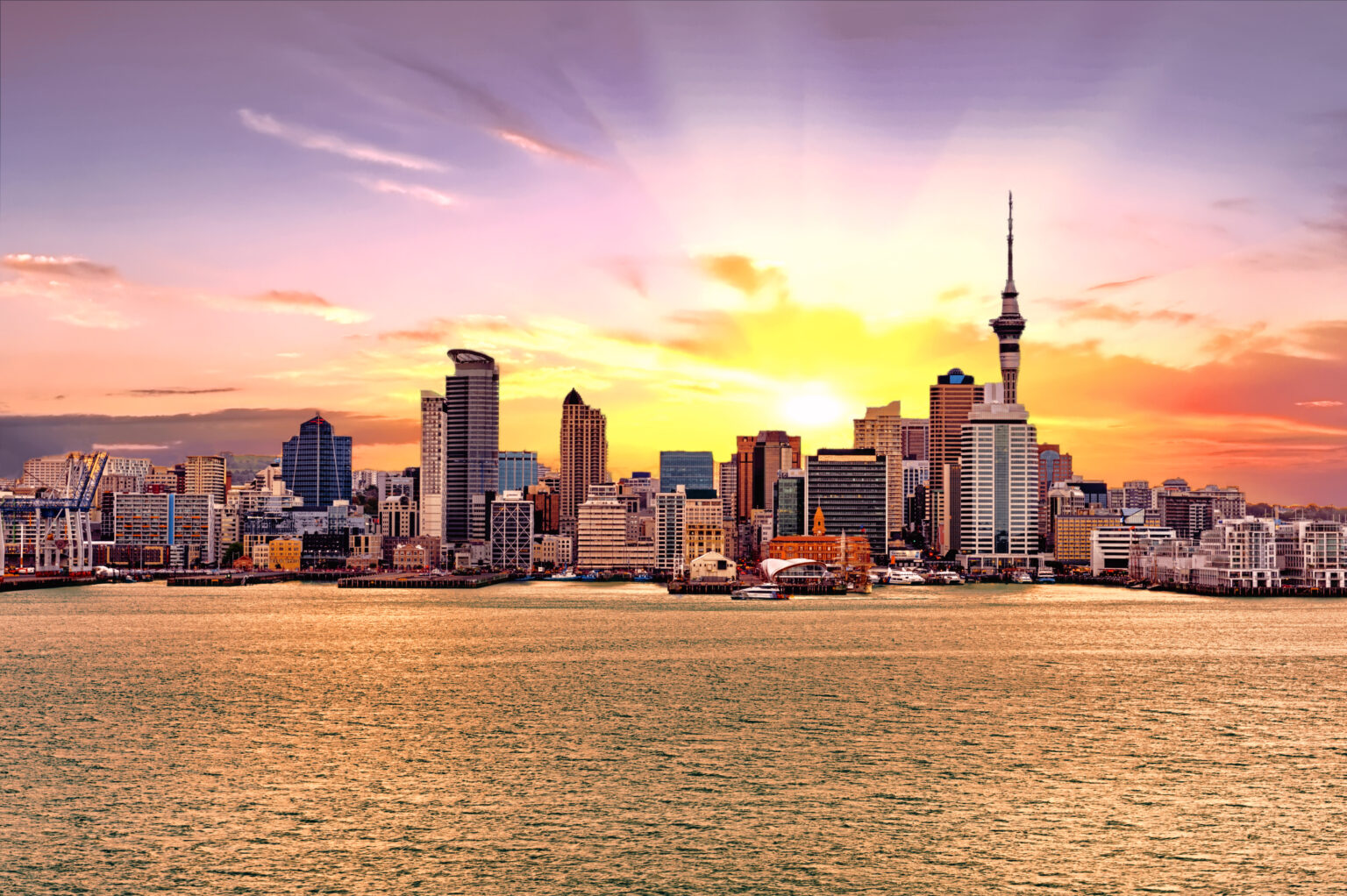
NZ biosecurity works with cruise lines
“The season was challenging for some vessel operators. In many cases, cruise vessels had been sitting idle for many months during the pandemic. Long layups can contribute to marine growth and reduce the effectiveness of antifouling coatings,” Mr Hallett added.
“Despite the challenges, we commend the cruise industry for its compliance efforts. The majority of cruise ships visiting New Zealand met last season’s biofouling regulations. Those that didn’t, worked with us to address failings and most were able to complete their full itineraries.”
Mr Hallett reminded cruise lines to submit their biofouling documentation as early as possible to “avoid voyage delays”. Some ships have undergone dry-docking cleaning in the lead-up to the cruise season while others have undertaken more frequent cleaning, he added.
For more information on New Zealand biofouling rules, click here
